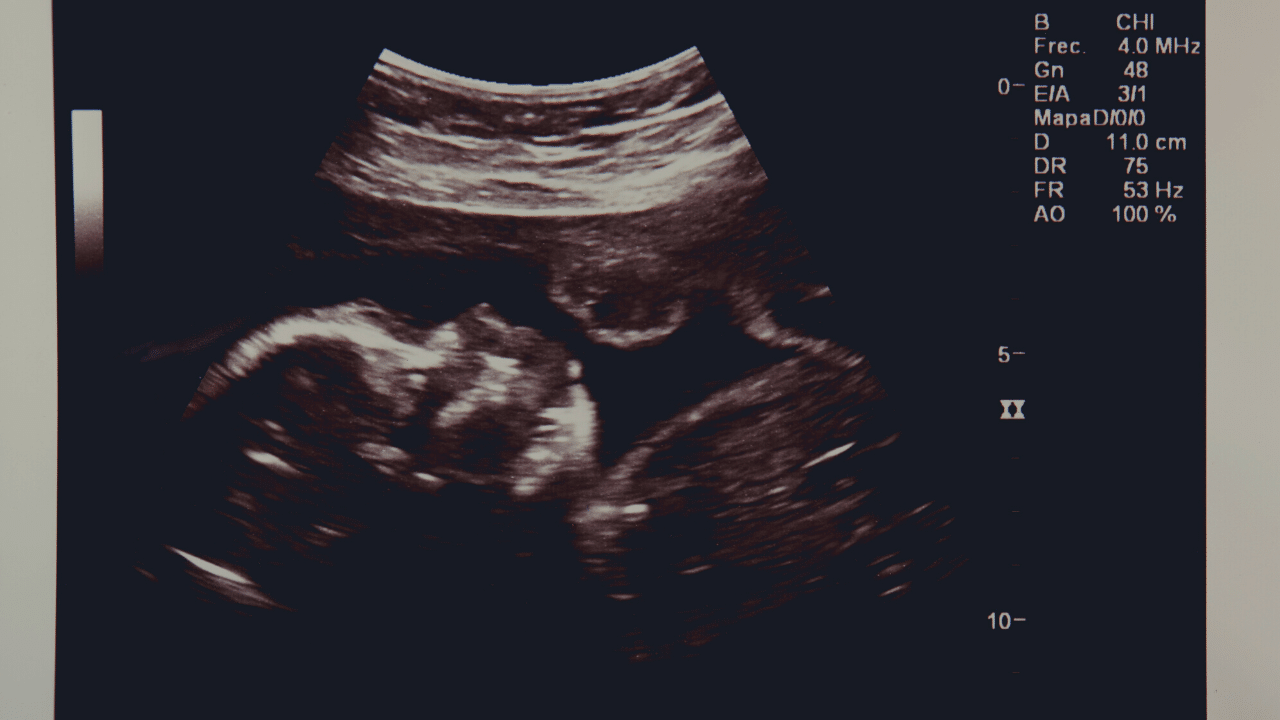INDIANAPOLIS – Indiana’s 18-hour ultrasound law will go back into effect on January 1, 2021, as a result of Indiana’s largest abortion chain, Planned Parenthood, conceding it will not win its suit which has blocked the law since 2017. The ultrasound law, part of the 2016 Dignity for the Unborn Act signed by then-Gov. Mike Pence, requires that women considering abortion be provided the opportunity to view a fetal ultrasound at least 18 hours prior to an abortion.
A significant decline in abortions is expected in Indiana as a result of the ultrasound law going back into effect. From July through December 2016, while the ultrasound law was in effect, there were 496 fewer abortions in Indiana compared to the period of July through December 2017, when the ultrasound provision was blocked and abortions spiked to a 13 percent increase.
The concession underscores that Planned Parenthood and the ACLU did not feel they could win the suit in the Seventh Circuit in the wake of this summer’s June Medical Services vs. Russo decision by the Supreme Court. Two days after the June Medical Services ruling, the Court vacated a previous Seventh Circuit ruling blocking the ultrasound law and remanded the case back to the Seventh Circuit for reconsideration.
On August 7, the impact of the June Medical Services ruling was felt as Planned Parenthood and the ACLU were dealt a blow by the Eighth Circuit when it lifted injunctions against multiple pro-life laws in Arkansas.
“Indiana’s ultrasound law will save lives,” states Indiana Right to Life President and CEO Mike Fichter. “Women deserve the opportunity to see an ultrasound image of their unborn baby at least 18-hours before an abortion in order to have ample opportunity to reconsider an abortion. In the brief time this law was in effect in 2016, abortions dropped sharply in Indiana, only to rise quickly as soon as the law was blocked. Now we hope to see abortions drop once again, this time for the long term. We regret, however, that this life-saving law will not go back into effect until January.”
In a release earlier today, Indiana Attorney General Curtis Hill stated, ““For women considering abortions, ultrasounds are an important part of informed-consent counseling. Anyone interested in protecting women’s health, including their mental health, should support giving them as much information as possible to aid their decision-making. Empowering women with knowledge is fully consistent with the U.S. Constitution.”
Fichter is skeptical of Planned Parenthood’s claim that new ultrasound equipment at its office in Fort Wayne drove its decision to drop the suit. “Planned Parenthood is dropping this suit because it fears it won’t win now that the new standard of June Medical Services is being applied by the courts,” Fichter notes. “This move is to cut legal costs in what it knows will be a losing battle. The courts have clearly abandoned the Whole Woman’s Health vs. Hellerstedt framework from 2016, and that’s great news for pro-life laws moving forward.”
Fichter also raised deep concern that the move is just another step in the direction of Planned Parenthood attempting to operate an abortion business in Fort Wayne, stating, “With Planned Parenthood, connecting the dots means it always comes back to the business of abortion. Always.”
When asked by the Seattle Times in 2019 if Planned Parenthood intends to do abortions in Fort Wayne, its CEO Chris Charbonneau replied, “Absolutely”.
# # #


Recent Comments